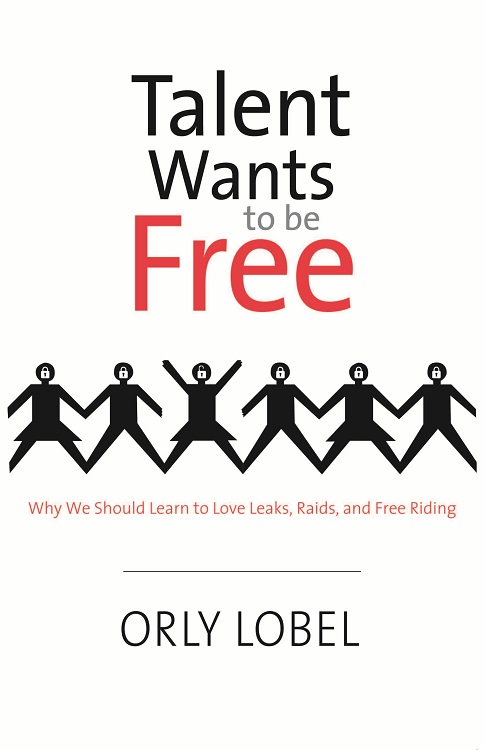Do non-compete agreements result in worse work?
 Subscribe to Decision Science News by Email (one email per week, easy unsubscribe)
Subscribe to Decision Science News by Email (one email per week, easy unsubscribe)
EXPERIMENTAL NON-COMPETES IN ONLINE LABOR MARKETS
The academic power couple On Amir and Orly Lobel report on a clever experiment on non-compete agreements in a recent Harvard Business Review article:
We recruited 1,028 participants to complete an online task for pay. Half of them were asked to do a purely effort-based activity (searching matrices for numbers that added up to 10), and the other half, a creative activity (thinking of words closely associated with other words). Some subjects in each group were placed under restrictions that mimicked a noncompete agreement: They were told that although they would later be invited to perform another paid task, they’d be barred from accepting the same type of task. The remaining subjects were used as a control group and given no restrictions.
Sixty-one percent of the subjects in the noncompete group gave up on their task (thus forgoing payment), compared with only 41% in the control group. Among the subjects who completed the matrix task, people with noncompete conditions were twice as likely to make mistakes as people in the control group. Those who were restricted also skipped more items and spent less time on the task—further indications of low motivation.
The finding seems to fit the theme of Orly Lobel’s book Talent Wants to Be Free: Why We Should Learn to Love Leaks, Raids, and Free Riding. When the authors replaced the matrix task with the more enjoyable creative activity, the differences went away. As the authors say “Prior research had shown that in creative endeavors, people are primarily driven by intrinsic motivations. So it made sense that subjects working on the word associations would be less affected by a negative external incentive than people working on math tasks would be.”
We are interested in manipulations that affect the amount and quality of work done in online labor markets, as well as the honesty of workers. Papers on this topic will be plentiful at the upcoming COBE (Crowdsourcing and Online Behavioral Experiments) conference, so if you are in the Silicon Valley area, stop on by.


